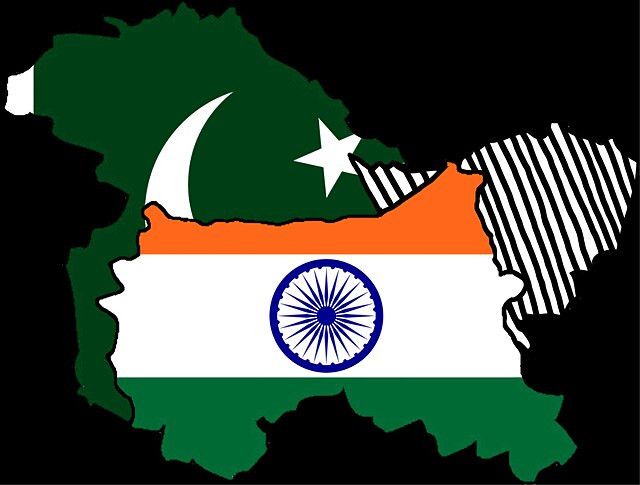India and Pakistan agreed Saturday to a full and immediate ceasefire following four consecutive days of cross-border strikes that raised fears of wider conflict between the two nuclear-armed nations. The announcement came after overnight talks mediated by the United States and was confirmed by both governments and U.S. President Donald Trump.
"After a long night of talks mediated by the United States, I am pleased to announce that India and Pakistan have agreed to a FULL AND IMMEDIATE CEASEFIRE. Congratulations to both Countries on using Common Sense and Great Intelligence," President Trump said in a post on Truth Social.
Pakistan's Foreign Minister Ishaq Dar confirmed the agreement on social media, writing, "Pakistan and India have agreed to a ceasefire with immediate effect. Pakistan has always strived for peace and security in the region, without compromising on its sovereignty and territorial integrity."
India's Ministry of External Affairs said the head of Pakistan's military operations called his Indian counterpart to coordinate the start of the ceasefire, which went into effect at 5 p.m. Indian time. The two sides are expected to speak again on May 12.
The ceasefire follows a series of strikes and retaliations that began Wednesday, when India launched airstrikes on what it described as "terrorist infrastructure" in Pakistani Kashmir and across the border. The military action came in response to an April 22 attack in Indian-controlled Kashmir that left 26 Hindu tourists dead. India has blamed Pakistan-based militants for the assault, a charge Islamabad denies.
Over the past several days, both nations exchanged missile strikes, drone incursions, and artillery fire. Civilian casualties climbed to at least 66 combined. On Saturday morning, Indian officials reported that Pakistan had launched attacks on 26 sites across India and had begun moving troops toward forward positions.
"I have said on numerous earlier occasions, it is Pakistani actions that have constituted provocations and escalations," said Indian Foreign Secretary Vikram Misri during a press briefing. "In response, India has defended and reacted in a responsible and measured fashion."
Indian Army Col. Sofiya Qureshi said that troop movements on the Pakistani side were consistent with "offensive intent to further escalate the situation," but added that Indian forces remained "in a high state of operational readiness."
Indian Air Force Wing Commander Vyomika Singh denied that Pakistani strikes had inflicted serious damage, and criticized what she described as a misinformation campaign by Islamabad. "India unequivocally rejects these false claims being spread by Pakistan," Singh stated, referring to reports of supposed strikes on Indian airbases, missile defense systems, and ammunition depots.
U.S. Secretary of State Marco Rubio praised the outcome of the talks, noting that he and Vice President JD Vance had held extensive discussions with both Indian and Pakistani officials over the past two days. "We commend Prime Ministers Modi and Sharif on their wisdom, prudence, and statesmanship in choosing the path of peace," Rubio said.






